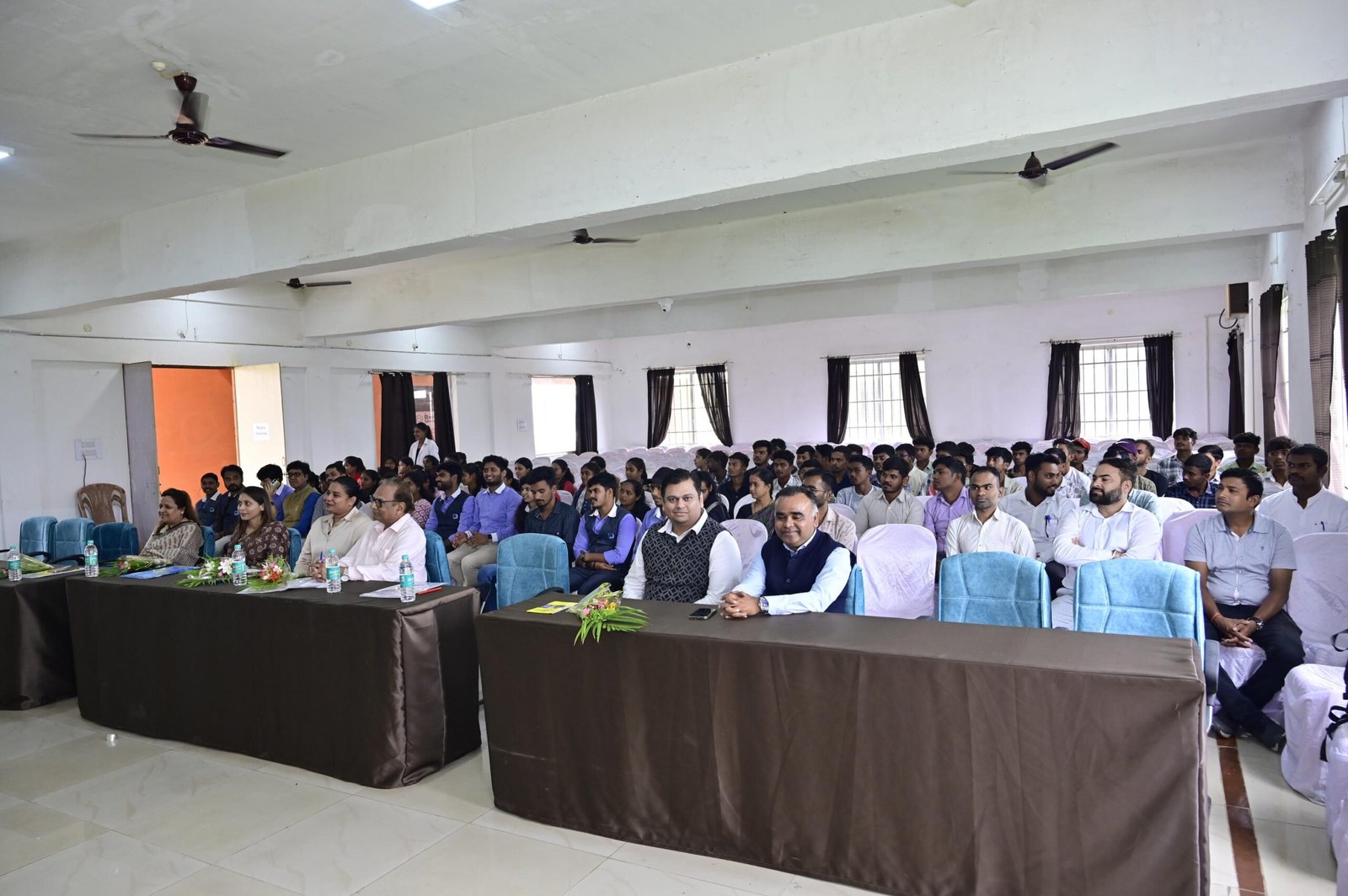



The Bachelor of Business Administration Honours (BBA Hons) is a comprehensive undergraduate program designed to equip students with a robust foundation in business principles and practices. Spanning typically three to four years, this degree delves deeply into various facets of business management, including accounting, finance, marketing, human resources, and operations management.

Affordable tuition, financial aid, and scholarships to make your education attainable.
Fully accredited programs ensuring your degree is respected and recognized globally.
A wide range of programs in arts, sciences, business, and technology to fit your career goals.
Proven success with high employment rates and graduates at top companies worldwide.
The Bachelor of Business Administration Honours (BBA Hons) is an esteemed undergraduate program that aims to provide students with a profound understanding of business management and administration. This course typically spans three to four years and is designed to offer a comprehensive education in various business disciplines.The BBA Hons program encompasses a wide range of subjects, including but not limited to accounting, finance, marketing, human resource management, operations management, and strategic management. The curriculum is structured to balance theoretical knowledge with practical application. Students engage in case studies, internships, group projects, and presentations, which help them develop critical thinking, problem-solving, and decision-making skills. The program also emphasizes the development of soft skills such as leadership, communication, and teamwork, which are essential for success in the business world.Graduates of the BBA Hons program have a plethora of career opportunities available to them. They can pursue roles such as business managers, marketing executives, financial analysts, human resource managers, and business consultants. The program also provides a solid foundation for those aspiring to become entrepreneurs. Additionally, BBA Hons graduates are well-prepared for further studies, such as pursuing a Master of Business Administration (MBA) or other specialized master’s programs, which can further enhance their career prospects and professional growth.

Apply the knowledge of mathematics, science, engineering fundamentals, and an engineering specialization to the solution of complex engineering problems.
Identify, formulate, research literature, and analyze complex engineering problems reaching substantiated conclusions using first principles of mathematics, natural sciences, and engineering sciences.
Design solutions for complex engineering problems and design system components or processes that meet the specified needs with appropriate consideration for the public health and safety and the cultural, societal, and environmental considerations.
Use research-based knowledge and research methods including design of experiments, analysis and interpretation of data, and synthesis of the information to provide valid conclusions.
Create, select, and apply appropriate techniques, resources, and modern engineering and IT tools including prediction and modeling to complex engineering activities with an understanding of the limitations.
Apply reasoning informed by the contextual knowledge to assess societal, health, safety, legal and cultural issues and the consequent responsibilities relevant to the professional engineering practice.
Understand the impact of the professional engineering solutions in societal and environmental contexts, and demonstrate the knowledge of, and need for sustainable development.
Apply ethical principles and commit to professional ethics and responsibilities and norms of the engineering practice.
Function effectively as an individual, and as a member or leader in diverse teams, and in multidisciplinary settings.
Communicate effectively on complex engineering activities with the engineering community and with society at large, such as, being able to comprehend and write effective reports and design documentation, make effective presentations, and give and receive clear instructions.
Demonstrate knowledge and understanding of the engineering and management principles and apply these to one’s own work, as a member and leader in a team, to manage projects and in multidisciplinary environments.
Recognize the need for, and have the preparation and ability to engage in independent and lifelong learning in the broadest context of technological change.






